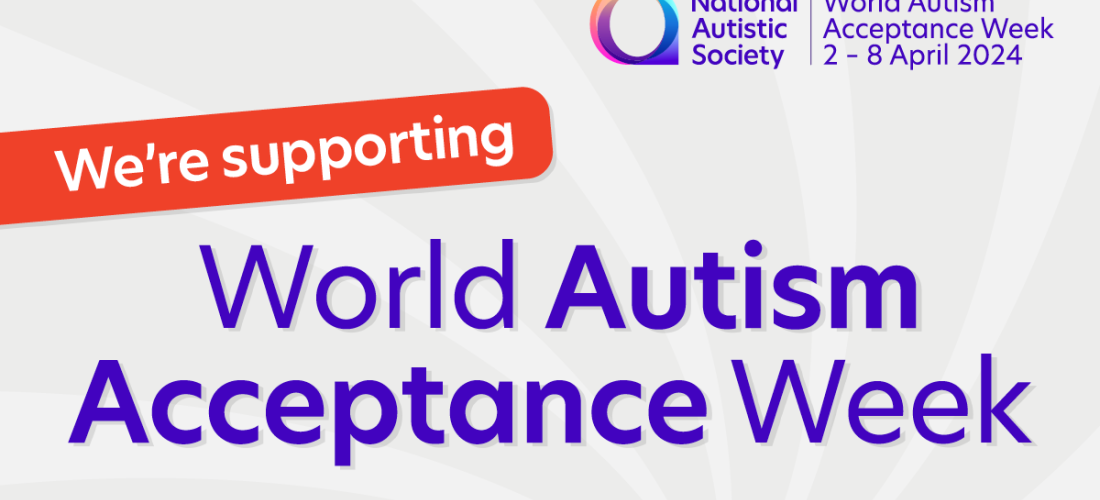From the 2nd to the 8th April, across the globe, organisations and individuals are celebrating World Autism Acceptance Week. The week itself is an opportunity to mark the importance of breaking down barriers and discrimination for Autistic people. Autism is a developmental disability which affects how a person communicates and interacts with the world around them.
It's important to consider that very human being is unique and has their own strengths and weaknesses- it’s what makes humanity so diverse. This also means that our brains are not the same. For those whose brains may observe and react to the world differently, are considered to be neurodiverse. This term, neurodiversity, does not only include people who are Autistic, it also covers other thinking styles such as Dyslexia, ADHD, Autism, Dyspraxia, Dyscalculia and more. Kaplan reported in January 2023 that neurodiversity affects a substantial proportion of the UK population estimating that 15% of the UK population could be neurodivergent.
In fact did you know:
- In the UK, more than 1 in 100 people are autistic, which amounts to around 700,000 individuals. When you include their families, autism is a significant part of daily life for 2.8 million people (recorded by the National Autistic Society)
- It’s not uncommon for some adults to reach adulthood without an Autism diagnosis. However, getting a diagnosis can help them understand the difficulties they face and receive the support they need.
In 2024, we all still live in a society where there is still discrimination against autistic people. From a range of different healthcare issues that affect them more than neurotypical people. These can include:
- More likely to have chronic mental and physical health conditions and report lower quality healthcare than others.
- Neurodivergent people are more than twice as likely as the general population to have hypermobile joints and experience pain regularly.
- Autistic individuals are more likely to have chronic mental and physical health conditions and report lower quality healthcare than others.
- A disproportionate number of people who die by suicide are autistic. Seven in ten autistic children and eight in ten autistic adults have a mental health condition. They die on average 16 years earlier than the general population.
However, healthcare is only one area where neurodivergent people, including those who are autistic are facing inequality. Other areas include failure to make reasonable adjustments in in schools and places of higher education.
Professor Baron-Cohen spoke at the United Nations in 2017 and shared how one in three adults with autism experiences severe mental ill health because of lack of support.
All this is only a snapshot of the challenges that autistic and neurodiverse people face. However, it’s an important reminder, as we continue through 2024, for us all to not just move to a place of acceptance of autism and neurodiversity, but more importantly, a place of embracement. Only by embracing those within our communities, whether it’s through employment, services that are being provided can we thrive and grow together.
